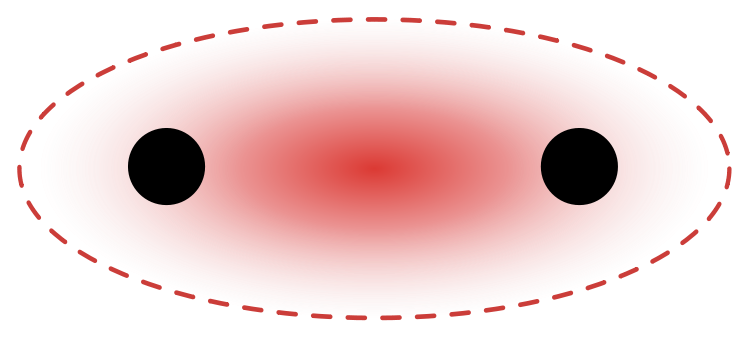 Special thanks to Rita Willett, MD, Healthcare Studies and Department of Biology, for our word this week. This is her second nomination and, as a writer, I can say that nothing is more pleasing than “regulars” who read one’s work.
Special thanks to Rita Willett, MD, Healthcare Studies and Department of Biology, for our word this week. This is her second nomination and, as a writer, I can say that nothing is more pleasing than “regulars” who read one’s work.
Dr. Willett provides a term that I knew though chemistry classes, indicating particular types of chemical bonds. It appears in many other fields, all of them indicating a bond of some sort. Scouting about with Google, I found a use from linguistics, where valence indicates the number of words in a sentence to which another word, especially a verb, can bond. An verb such as “give” has a valence of three; it makes no sense alone, requiring itself (valence of 1) as well as a direct (2) and indirect object (3), as in “give me the dictionary!”
Dr. Willett and her students encountered our word through NIH’s RDoC Matrix, a graph ranking psychological motivations and threats according to positive or negative “valences.”
At first glance, the word’s meaning in psychology drifts a bit from its use in chemistry or immunology, where it also indicates a binding action for antibodies or antigens. The use of the term in psychology dates back only a century, with the OED Online providing a 1917 example, but one from 1935, in a book called A Dynamic Theory of Personality, really captures the meaning well: “A certain object or event..is experienced as an attraction (or repulsion)… We shall say of such objects that they possess a ‘valence’.”
There, then, in our bond, much like that in other fields. One positive valence I found at the NIH site is, in fact, chemical. Consider the reward given by the brain when it releases dopamine. Get a “like” online (or a regular reader responding at your blog) and you get a little dose of it, naturally.
This is why I often critique smart phones, calling them addictive “dopamine dispensers” and banning their use in class. But I digress, perhaps to release some other pleasant brain chemical related to smugness or curmudgeon-ism.
Looking for images in the Creative Commons of “dopamine reward” led to all sorts of negative valences that had me fretting about wasting professional time, since so many images were simply the same drawing of a human brain with the areas highlighted that are linked to dopamine. On the other hand, laughter must be a positive valence, and short clips of Homer Simpson being forced to eat an infinite number of donuts in Hell came up too under “dopamine reward.” This led me to Homer having a nightmare about “The Planet of the Donuts” where he’s accused of eating half the population.
Find those on your own. Right now, my brain craves the positive valence of consuming a donut, a word I prefer to spell “doughnut.” Then the negative valence of guilt for eating two, not one. I hope the valences that influence your behavior are all positive, from getting enough sleep, rewards, and positive habits.
Correction 4/9/18: I had originally noted “valence” as the spelling for a type of window treatment. As Dr. Willett pointed out, that is a “valance.” I swear I saw it listed with an “e” in one of my dictionaries. Perhaps I need an entry for “ophthalmologist.”
Nominate a word by e-mailing me (jessid -at- richmond -dot- edu) or leaving a comment below.
See all of our Words of the Week here.
Image courtesy of Wikipedia.